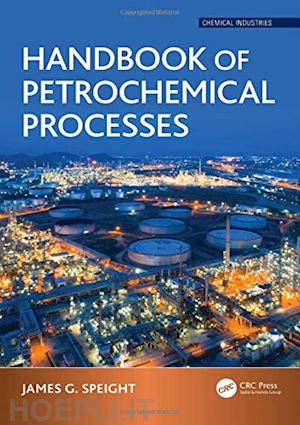Dr. James G. Speight has doctorate degrees in Chemistry, Geological Sciences, and Petroleum Engineering and is the author of more than 75 books in petroleum science, petroleum engineering, and environmental sciences. Dr. Speight has fifty years of experience in areas associated with (i) the properties, recovery, and refining of reservoir fluids, conventional petroleum, heavy oil, and tar sand bitumen, (ii) the properties and refining of natural gas, gaseous fuels, (iii) the production and properties of petrochemicals, (iv) the properties and refining of biomass, biofuels, biogas, and the generation of bioenergy, and (v) the environmental and toxicological effects of fuels. His work has also focused on safety issues, environmental effects, remediation, and safety issues as well as reactors associated with the production and use of fuels and biofuels. He is the author of more than 70 books in petroleum science, petroleum engineering, biomass and biofuels, environmental sciences. Although he has always worked in private industry which focused on contract-based work, he has served as Adjunct Professor in the Department of Chemical and Fuels Engineering at the University of Utah and in the Departments of Chemistry and Chemical and Petroleum Engineering at the University of Wyoming. In addition, he was a Visiting Professor in the College of Science, University of Mosul, Iraq and has also been a Visiting Professor in Chemical Engineering at the following universities: University of Missouri-Columbia, the Technical University of Denmark, and the University of Trinidad and Tobago. In 1996, Dr. Speight was elected to the Russian Academy of Sciences and awarded the Gold Medal of Honor that same year for outstanding contributions to the field of petroleum sciences. In 2001, he received the Scientists without Borders Medal of Honor of the Russian Academy of Sciences and was also awarded Dr. Speight the Einstein Medal for outstanding contributions and service in the field of Geological Sciences. In 2005, the Academy awarded Dr. Speight the Gold Medal - Scientists without Frontiers, Russian Academy of Sciences, in recognition of Continuous Encouragement of Scientists to Work Together Across International Borders. In 2007 Dr. Speight received the Methanex Distinguished Professor award at the University of Trinidad and Tobago in recognition of excellence in research.











